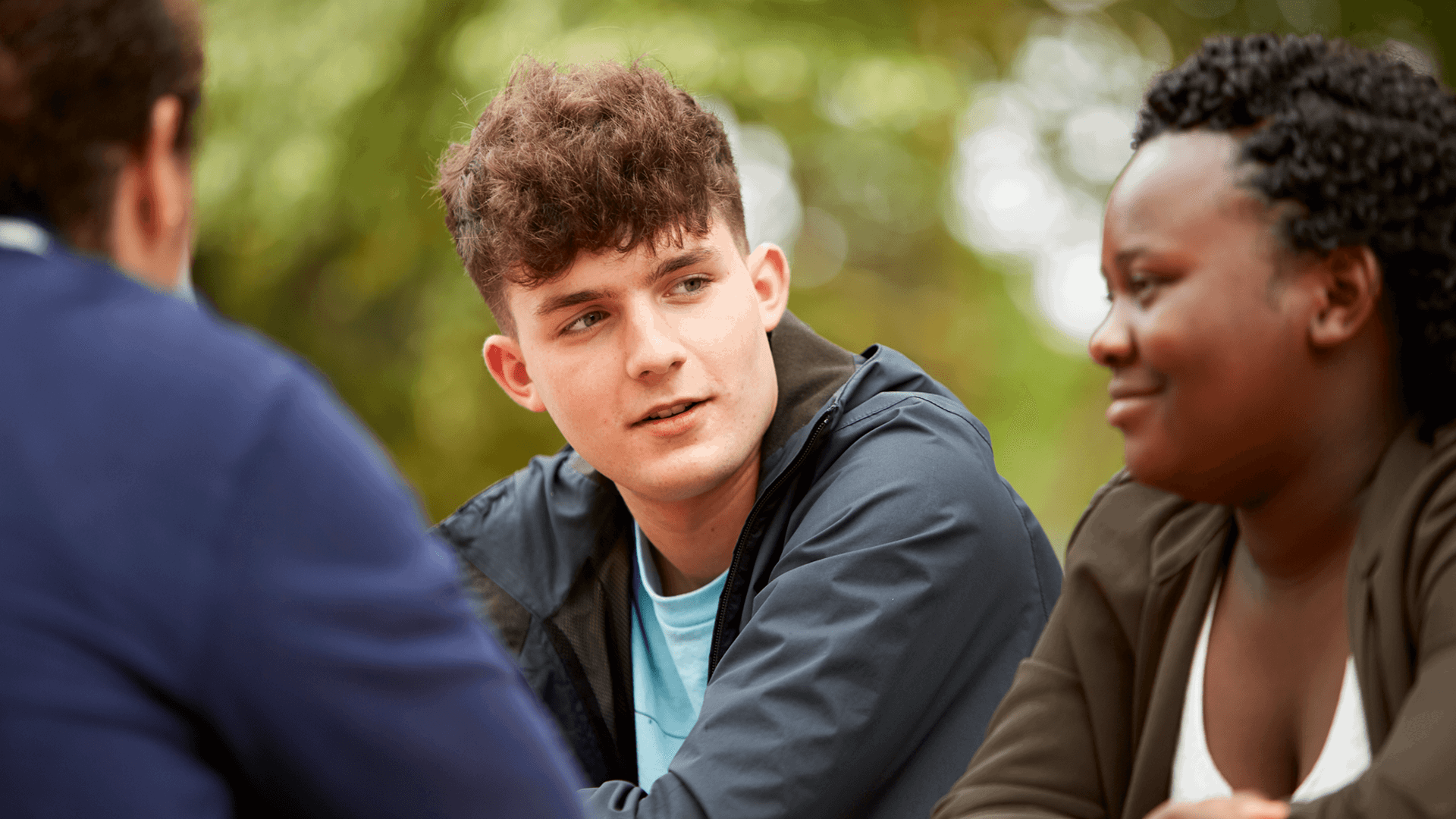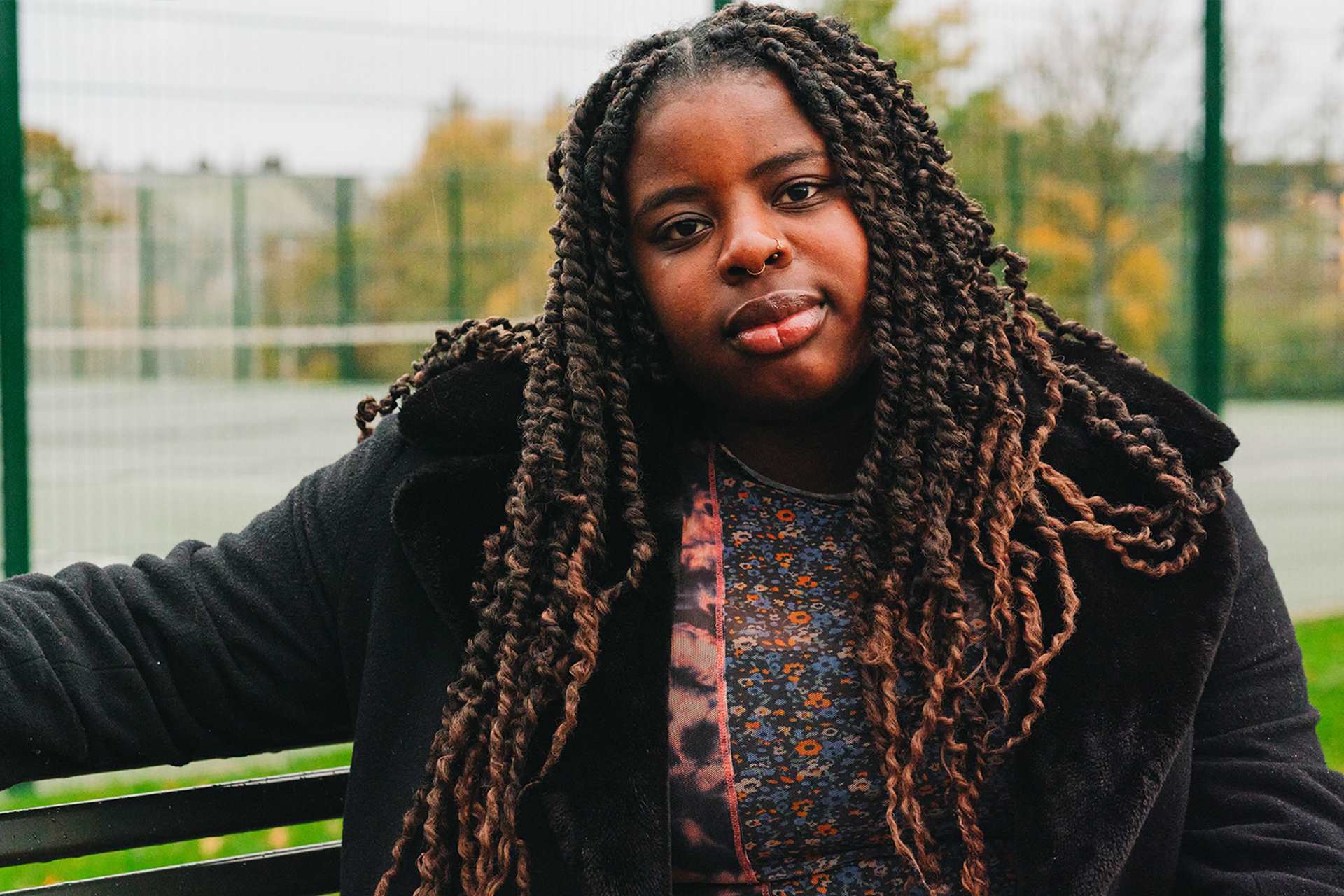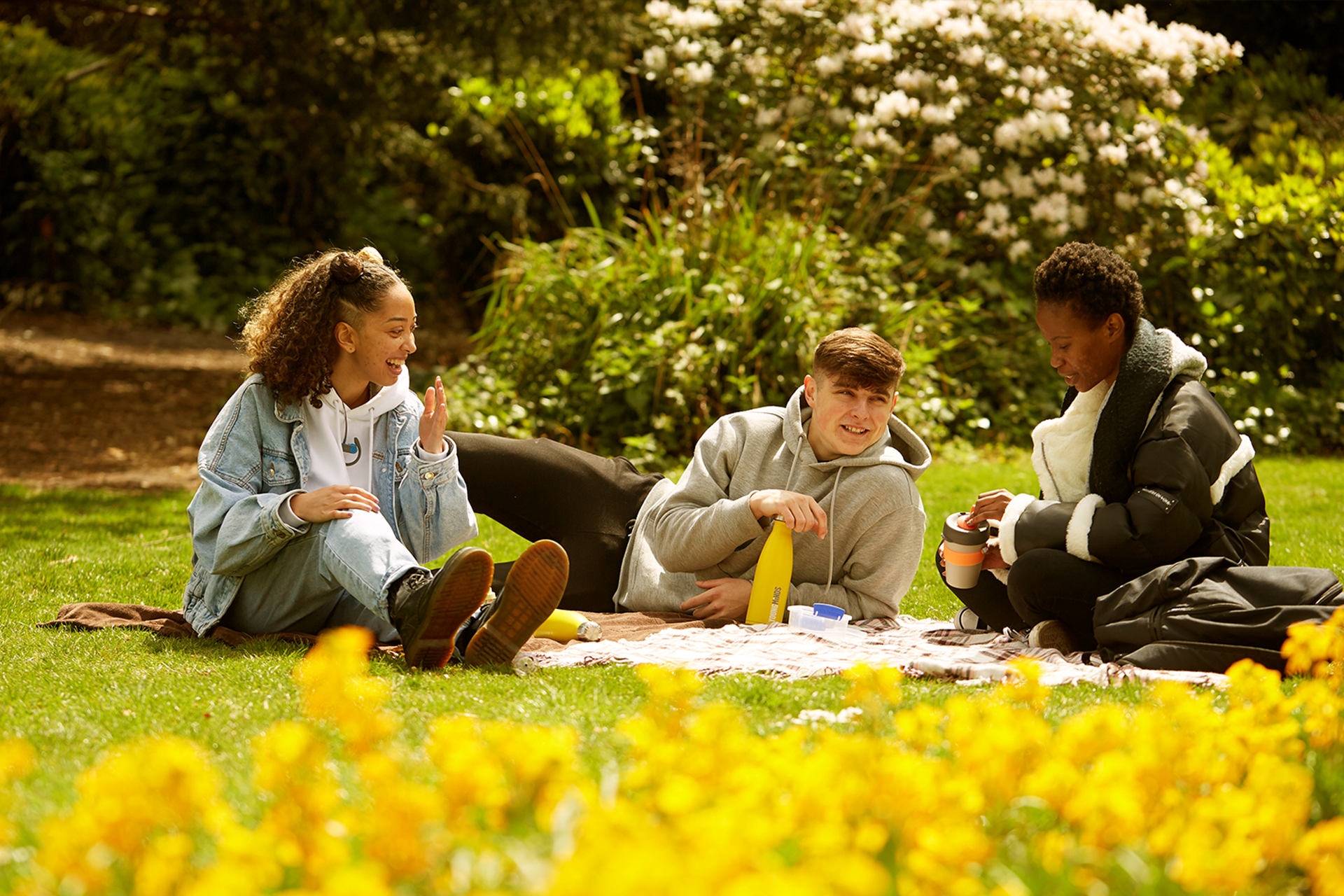Topics mentioned: bipolar disorder, mania and hypomania
About: Christopher shares his experience with bipolar disorder and explains how he has learnt to live with the highs and lows that come with it.
This blog contains references to being physically restrained. Please do not read on if you think the content may be upsetting for you. If you are currently struggling with your mental health, please visit our find help page for information, advice and guidance on where to get support.
My name is Christopher, I am 23 years old and have a learning disability. I also have bipolar disorder.
I was first diagnosed with bipolar disorder after being bullied at school when I was 15 years old. I got really ill and was taken to a youth psychiatric unit. I didn’t really know about bipolar disorder before my consultant Dr Leon told my mum, dad and me what it is and how it affects me.
You get your highs and lows in a cycle; one minute you’re very high and want to do a lot of things at a time, but then you can get very low and find it hard to even come out of the house. It helped me and my family once we knew what was going on.
You get your highs and lows in a cycle; one minute you’re very high and want to do a lot of things at a time, but then you can get very low and find it hard to even come out of the house.
The youth unit was generally a good place. Dr Leon was very kind to me. I was admitted there about three times. They gave me different medicines until they found the ones that worked best for me. I had a couple of years without having a bad episode and was able to live with the highs and lows. I went to college and got a BTEC level 2.
Then my dad got cancer and died. After that I had a bad manic episode. When I have a manic episode I can’t sleep for days, my head starts racing with lots of thoughts and it affects my behaviour and mental health. I get very anxious and behave out of character.
When I have a manic episode I can’t sleep for days, my head starts racing with lots of thoughts and it affects my behaviour and mental health.
This time I was admitted into an adult unit which was really bad for me. I was really scared of the other people there. I didn’t like being away from my family and friends. I would get upset and start shouting and then they would restrain me which was very traumatic. It is like a bad cycle - being restrained makes you traumatised and then the bipolar gets worse and then you end up going into the unit where you are restrained again.
Even after coming out I would have nightmares about being restrained. I needed counselling but that was very hard to get; I was on the waiting list for a long time and I had more admissions which just increased my problems. Finally on my last visit they arranged counselling for me which really helped. This continued after I was discharged and I have been doing better since. I have not been admitted for the last two years.
There is always light at the end of the tunnel. You will get through this with the help of family, friends, your counsellor, your psychiatrist and a good support network. Finding coping strategies that work for you can help, whether that’s going for a walk, praying, thinking about what you are grateful for, going for a run, writing your feelings down, or chatting to someone on the phone. Everyone has different coping strategies that could help them. My counsellor has helped me find the ones that work best for me.
There is always light at the end of the tunnel.
If you don’t know where to go for support when you are feeling really bad, I have used the Shout helpline. They are a text helpline who are always at the end of the line if you want to have a chat, and I would really recommend them.
I also think talking to your local psychiatrist might help you as they can point you in the right direction. My psychiatrist has really helped me. If you speak to your GP, they can refer you to a psychiatrist.
Where to get help
-
Bipolar UK
Provides information and a peer support service for people affected by bipolar, including friends and family. Find a local support group.






